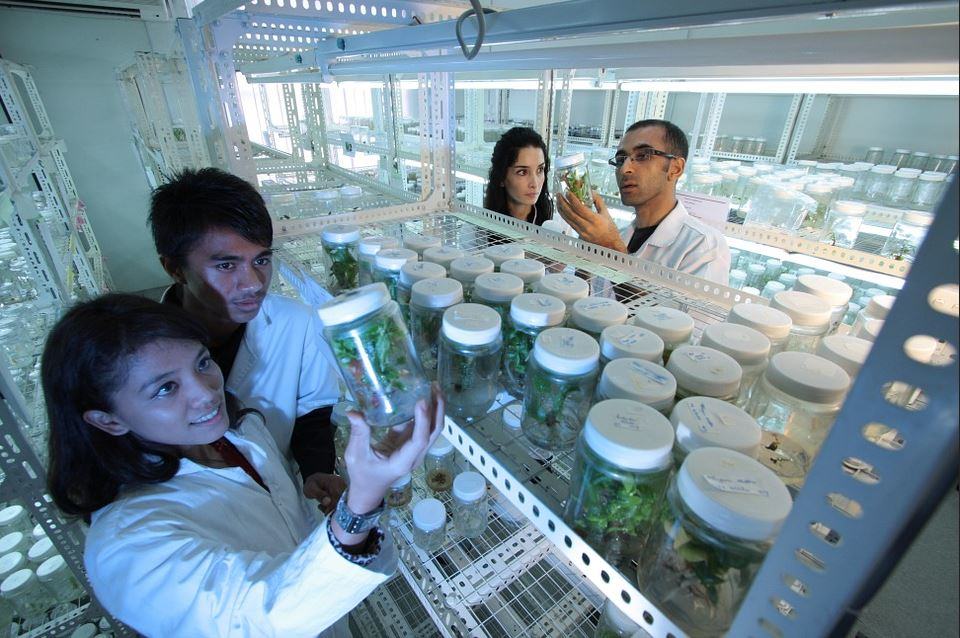With continuing advances in medical technology, a new era in medical research has emerged. As a result, the quality of life for many people has improved, in addition to thousands of lives being saved. While in today’s world modern technology impacts every aspect of daily living, it has provided numerous breakthroughs when it comes to medical research.
Cellular Research
One of the biggest ways modern technology has impacted medical research involves cellular research. Medical researchers are now able to study diseases on a cellular level, letting them produce antibodies and eventually vaccines against such serious diseases as malaria and polio. According to the World Health Organization, more than 3 million lives per year are saved as a result of this research.
Lab Technology
Along with creating vaccines against diseases, modern technology has also made major contributions to the equipment used in medical labs as well as in other aspects of patient care. Microscopes with increased magnification abilities and quality accessories for laboratory air stirrers are now used to let researchers obtain much more detailed information than in years past. Furthermore, mobile devices such as tablets can now let doctors meet with patients and transmit information directly to a lab for nearly instantaneous results.
Robotic Surgeries
Straight out of science-fiction, many of today’s surgeries are being performed by robots. With doctors using joysticks that resemble those used in video games, neurosurgery and other complex surgical techniques are now performed by surgeons who are in a nearby control room. Becoming a more popular option for patients, these surgeries usually result in far less scarring and much shorter recovery times.
Population Science
One of the newest developments in medical research, population science now allows scientists to study populations around the world on a much larger scale. By doing so, researchers can now look much closer at such factors as death rates, lifespans, and frequency of illnesses. Used widely in clinical studies to evaluate the effectiveness of medical procedures, doctors now have many more ways in which to track possible epidemics as well as how to cure them much quicker than in years past.
As these and other technological innovations give doctors and researchers more tools with which to evaluate patient care and the status of healthcare around the world, it’s expected even more breakthroughs will result. Whether it is preventing diseases, improving surgical techniques, or having more options to consult with experts around the world, modern technology has indeed launched a new era in medical research.

